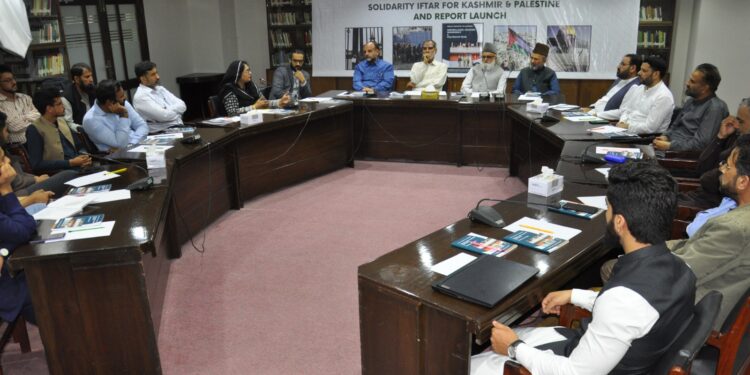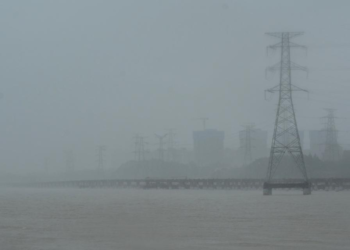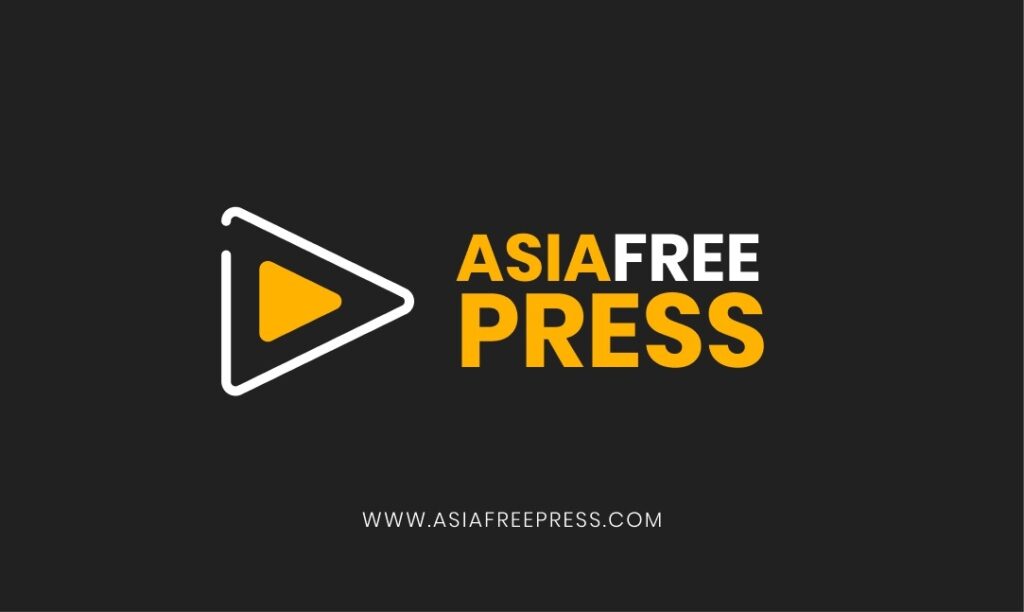The panelists in a conference on Wednesday urged the international community to take notice of the ongoing struggles of the oppressed people in Palestine and Kashmir and support their efforts for justice and self-determination.
Legal Forum for Kashmir (LFK) and the Institute of Policy Studies (IPS) jointly hosted a Solidarity Iftar for Kashmir and Palestine here. During the event, LFK launched a report titled India’s Impunity in Kashmir: Surveillance, Counter-Insurgency & Politics of Fear, which sheds light on the systematic use of surveillance, counter-insurgency measures, and political repression against the people of Kashmir.
Dr Khalid Rahman, Chairman of IPS, said that “The dynamics of warfare have undergone a significant change, and while physical warfare remains effective, the occupation of territories in modern times has become increasingly difficult, with a few exceptions like that of Palestine and Kashmir. The battle is no longer limited to the battlefield and has evolved into a battle of minds and hearts. To keep a state or house in order, we must focus on our strengths and own our weaknesses.
We need to build a narrative that can be heard internationally, and work towards ensuring that the legitimate aspirations of the Kashmiri people are recognized and respected, he said.
Prof. Dr Amna Mahmood, Dean Faculty of Social Sciences IIUI, said that “The Political instability in Pakistan and AJK has serious implications for the Kashmir issue. Unless Pakistan is politically stable, it can make no significant contribution to the Kashmir cause. Therefore, it is crucial to focus on long-term planning and strategizing and to explore how the natives of Kashmir (IOJK & AJK) particularly the youth can play a role in advocating the Kashmir cause.
Advocate Nasir Qadri, Executive Director LFK, said that “It is important to address the issues of human rights violations, the use of extra-judicial killings, enforced disappearances, and other forms of state-sponsored violence against the people of Kashmir. India’s replication of Israel’s surveillance and counter-insurgency operations in Kashmir cannot be ignored and must be condemned.
Ghulam Muhammad Safi, Senior Hurriyat leader, highlighted that “Israel and India continue to forcefully subjugate unarmed civilians in Palestine and Kashmir respectively. However, despite unabated oppression and state violence, the resilient people of Kashmir and Palestine continue to resist the occupation and disproportionate state violence.”
“Kashmiris have every right to resist as long as the occupation persists, and the international community should not equate the armed resistance of the occupied with the occupier’s indiscriminate and disproportionate use of force,” he added.
Senior Hurriyat leader Mehmood Ahmed Saghar said that “India is not working alone in Kashmir, it is being aided and assisted by foreign authorities. The manifestation of India’s settler colonial program in Kashmir is an indication of the conjunction between Indian and Israeli strategies to eliminate the natives and ensure the settlements of non-natives.
Former Ameer Jamaat e Islami AJK Abdur Rasheed Turabi said that “the Palestinians continued their struggle and resistance through collective efforts, including the formation of the Al-Quds International Forum, which is a cause-oriented amalgam of organizations. Similarly, the people of Kashmir must come together and form a base camp in AJK with the adoption of a resolution similar to the objectives resolution in the constitution of Pakistan.
The panellists unanimously raised concerns about the lack of international support in the ongoing just struggles of the Kashmiri and Palestinian people, thereby emphasizing the importance of transnational solidarity and support.
After the working session of the solidarity event, the LFK released a comprehensive report titled “India’s Impunity in Kashmir: Surveillance, Counter-Insurgency & Politics of Fear.” This report highlights the systematic use of surveillance, counter-insurgency tactics, and political repression by the Indian authorities against the people of Kashmir.



















